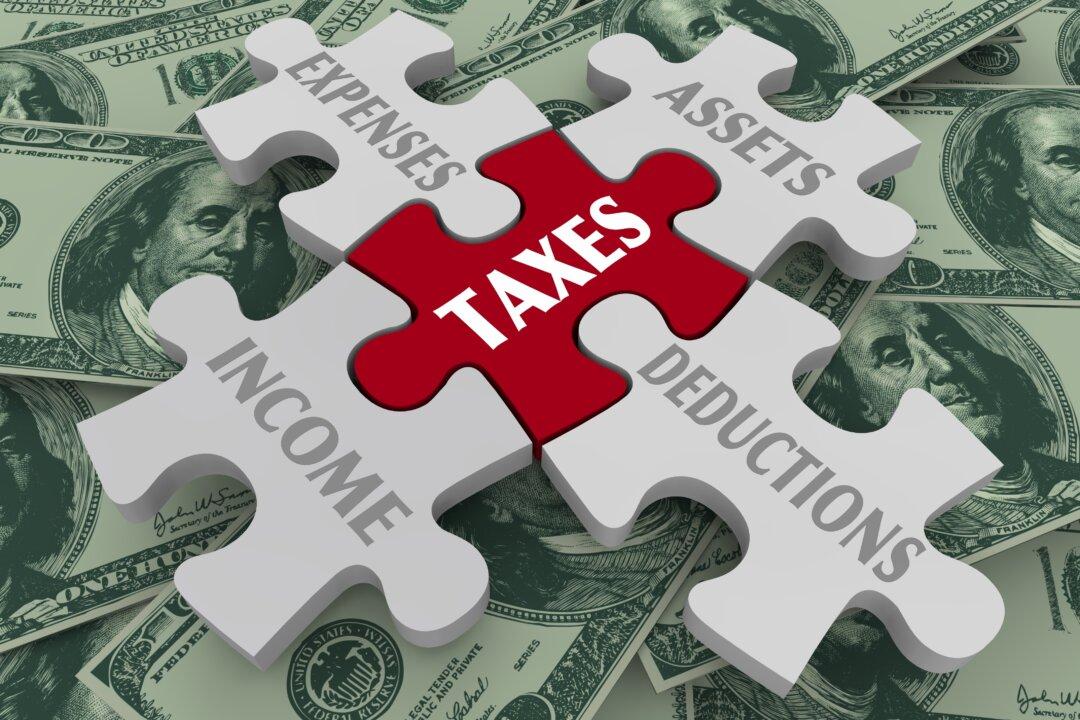This six-part series will help you apply basic financial principles for a better life and greater financial security. Success depends on accepting and adopting these principles through self-discipline, making them habits over time.
- LEARN: We will discuss how you can learn not only from this six-part series but also from other resources as well. Most people simply have not learned even the most rudimentary of financial principles for managing their own finances. Their impulses and intuition don’t help them; in fact, oftentimes they hurt them.






